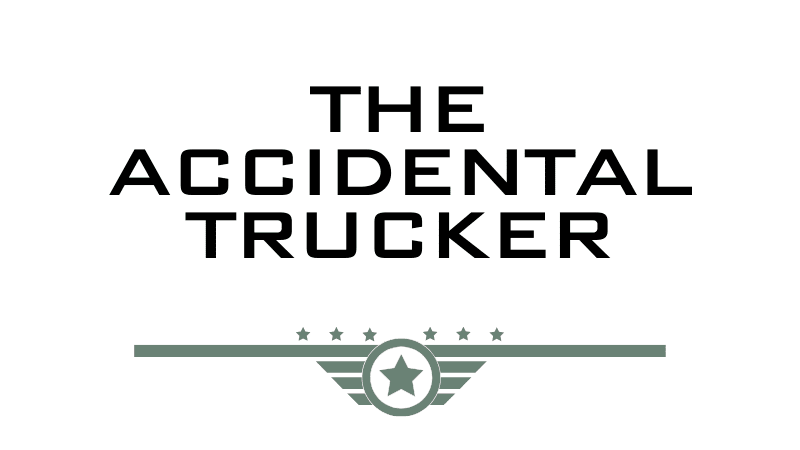It could be a lot worse

Those who are interested hopefully will have by now diagnosed the Budget and worked out how it affects them. Of course, pre-Budget, many groups called on the government to do more in their specific areas of interest. I had not heard of some of these until they popped their heads up.
Those who are interested hopefully will have by now diagnosed the Budget and worked out how it affects them. Of course, pre-Budget, many groups called on the government to do more in their specific areas of interest. I had not heard of some of these until they popped their heads up.
As expected, post-Budget, there were just as many, if not more, getting vocal that the government did not do enough in such-and- such an area. For just a moment, these people need to stick their heads above the grey cloud over us and see that there is no money. The country is almost broke, so it will take time to satisfy everybody’s wishes and, even then, some will still not be happy.
There may be a bit of comfort for us all when, in her speech on 9 May, the Minister of Finance, Nicola Willis, said, “It is darkest before the dawn.” Only time will tell. Given the issue the country is having with electricity supply, her reference to “dark” may prove to be quite prophetic.
It is annoying to listen to the blame game about whose fault it is that our power supply is in such the precarious state it is now.
The problem has been looming for years; it certainly is not new. I can remember that as a youngster, we often faced rolling power outages. But we managed. Like many things in New Zealand, we have been living beyond our means when it comes to power use, and we are now going to have to pay the price. So much of the recent discussion focuses on what we can achieve in five or 10 years. This is fine, but the problem exists right now, today. There is cold comfort in knowing that in five years’ time, I should be able to turn the heat pump on when I want but, at the moment, it’s a treat.
A couple of simple things could be done immediately to help us get through the problem. Many organisations have emergency- generating plants, usually run on diesel. Why couldn’t these organisations use them to keep their businesses working during peak load times, thus taking some pressure off the national grid?
The second suggestion, and this has happened before, is to get one or two ships laid up overseas with a high power-generating capacity and park them up in a port – Auckland, for instance – and feed their power into the grid to offset peak loading. Yes, they would have to be compensated for the cost, but the electricity suppliers have been making plenty of money, so they can do it.
You don’t have to look far to see just how bad the economy is. Daily, there are notices about businesses going into liquidation. No industry is immune from this, including road transport. Information provided by Stats NZ shows that during 2023, there was an average of 153 company liquidations and nine receiverships each month. For the first three months of 2024, there were 163 and 12, respectively. For every one of these businesses, people are affected and in the vast majority of cases. It is not their fault. They are victims, victims of circumstances they had no control over. We should be empathetic towards them.
The number of job positions in the public service to be dispensed with continues to increase. I found it more than ironic, then, to read on 30 April that the chief executive of NZTA told staff, “It could be a lot worse.” Worse than what? Who has overseen this organisation’s staff growth over recent years? What responsibility is born by the executive team of NZTA?
It reminds me a bit of the 1959 movie I’m All Right Jack. Something I have experienced recently – and is most likely a side effect of the uncertainty pervading the public service – is the change in attitude to providing help and assistance to the public. It appears that the days of being helpful are gone, and it is now about building even higher walls that we, their salary and wage payers, have to jump over. I guess, though, it is making work for block layers.
Read more
We live in a curious world
0 Comments6 Minutes
Taking Control
0 Comments5 Minutes
And so the year ends
0 Comments5 Minutes
Return of the night carts
0 Comments5 Minutes



